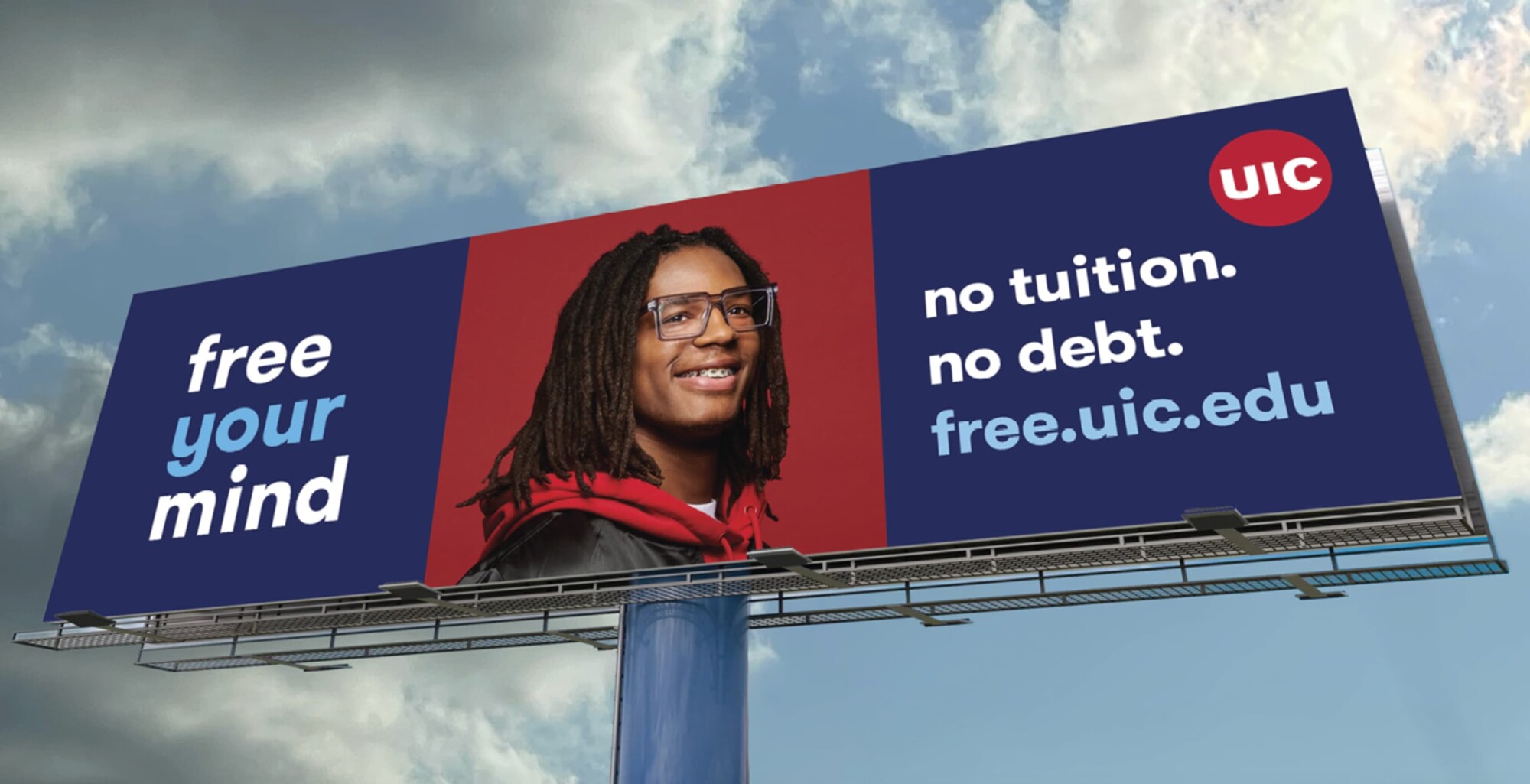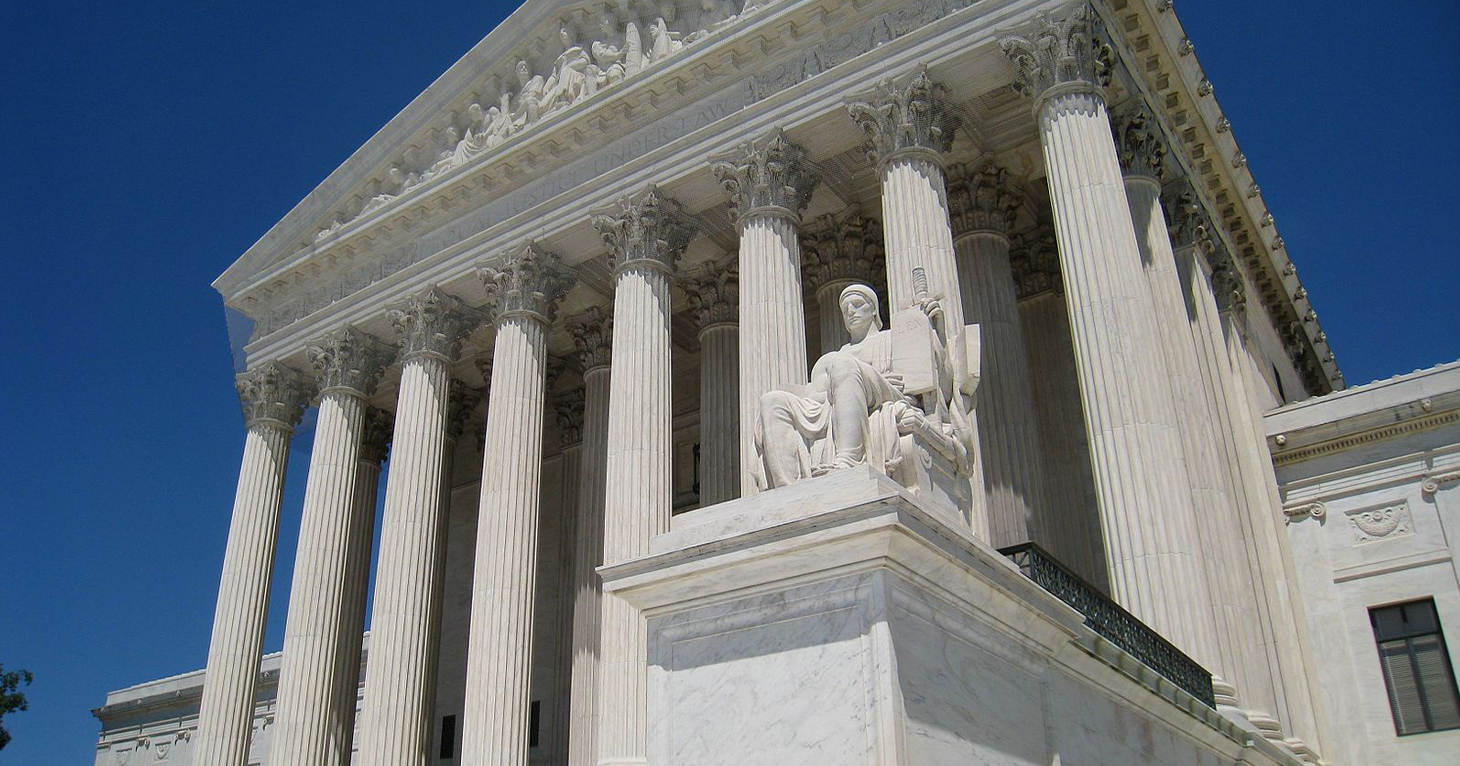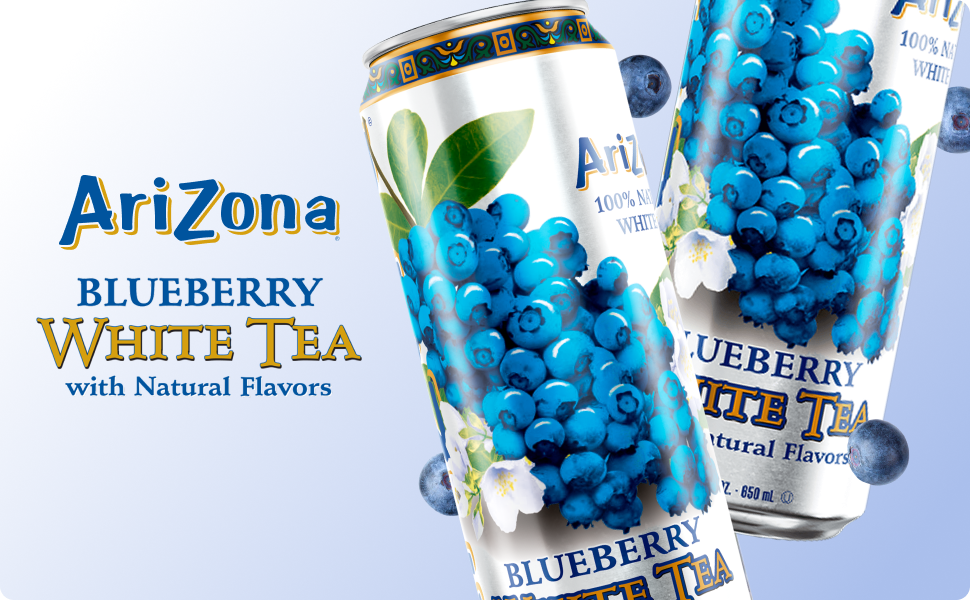
Roblox Bid for Ad Riches Collides With Wary Sponsors, Developers
Cecilia D’Anastasio, Bloomberg
In March 2018, a class-action lawsuit was filed against Rebbl, Inc. for allegedly falsely advertising its “Elixirs” and “Proteins” beverages. Specifically, the complaint alleges that the company markets the beverages as providing various health and body benefits – including that the beverages have positive effects on joint health, fatigue, immunity, and cardiovascular strength and that their ingredients “strengthen the body’s own adaptive resilience to stressors” – when, according to plaintiffs, the claims are not supported by adequate scientific evidence. The complaint also claims that the company deceptively implies that the beverages are healthier than other beverages and that the product labels say “coconut milk” but list water and coconut creme as sub-ingredients of coconut milk. (According to the complaint, coconut milk separates hours after it has been obtained and the company takes one of the layers — coconut crème — and dilutes it to get its “coconut milk.”) (Richburg et al v. Rebbl, Inc., Case No. 18-cv-1674, Case No. 18-cv-1674, E. D. NY.)
Cecilia D’Anastasio, Bloomberg
TINA.org digs into school’s debt-free claims.
Why agency independence is in the best interests of consumers.
What exactly does this running brand mean by “your return is on us”?
Be wary of “natural” claims.



